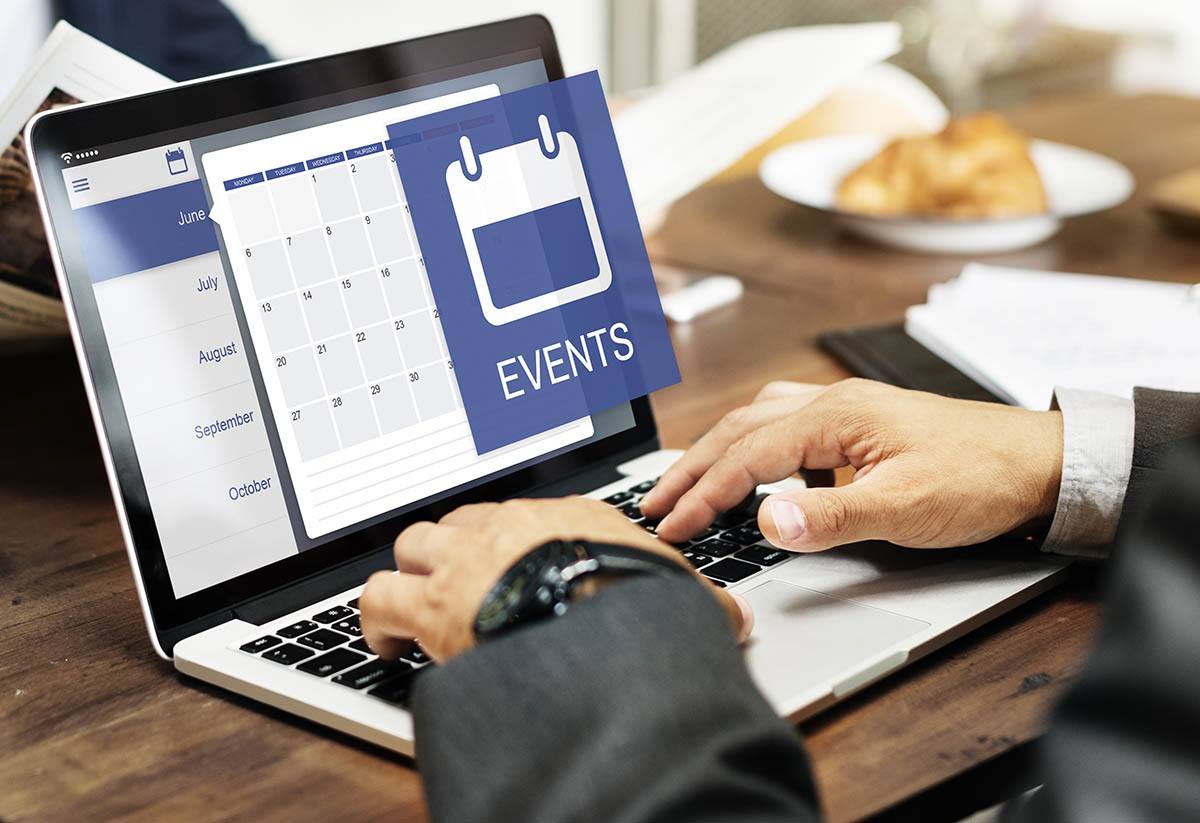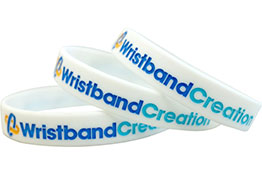
The events planning and management industry is a fast-paced and competitive one. As an event manager, you’ll need to be flexible, organized, and receptive to feedback if you want to stay ahead of the game. After all, creating successful events is never a formulaic process. No two events are ever of the same concept and purpose, which means that they are never the same and each one requires a different approach.
Keeping this in mind, there are a number of essential steps that you can take to help improve your event management skills. To learn more, below are nine tips on how to manage events effectively:
Keep Learning
Learning is a continuous process, especially in the events industry. It’s crucial that you keep yourself up to date with the latest trends, strategies, and technologies in your field of expertise. For example, many brands are integrating personalized items and using customizable accessories, such as printable wristbands, into their marketing strategy in order to boost their visibility. Giving out items with a client’s logo or slogan printed on them—such as custom wristbands and lanyards—can be an affordable and effective way to promote their goods or services.
There are plenty of industry resources that you can refer to and learn from. Sources like blogs, ebooks, digital magazines, and video tutorials are more accessible than ever before, thanks to the internet. You can also read textbooks written by experts in your field, and you can also attend seminars or training courses.
Establish Clear Goals
Every project needs a clear set of objectives in order to be successful. Without any goals, it’s difficult to plan an event and gauge whether it meets your client’s standards. If, on one hand, you’re working with an event planner, they usually have a set of objectives already in place. On the other hand, if you’re not collaborating with an event planner, it’s best to ask your client what specific goals they have in mind for an event.
Be sure to flesh out the details during these discussions by using concrete numbers instead of ambiguous descriptions. For example, instead of stating a goal as “We want plenty of questions answered during the Q&A session,” encourage clients to go into specifics like “We want to try fitting in at least five questions during the Q&A session.”
Plan Ahead of Time
Starting to plan early is the key to ensuring that your event goes smoothly. Even if you’re not sure about certain specifics—like the number of attendees—it’s always best to secure your venue and catch special early-bird offers from vendors ahead of time. Start making calls as early as possible, even a year before the event itself. Be sure to keep your agreements flexible, especially if you haven’t figured out all the details beforehand. By preparing in advance, you can save yourself a lot of money, time, and trouble throughout the event planning process.

Know How to Negotiate with Vendors
Due to the dynamic nature of event planning, many vendors offer customizable plans and rates. This gives you the opportunity to negotiate with them rather than asking for a quote outright. First, assess what your budget for a particular event might be. Then, make an offer that’s five to ten percent less than that amount. This ensures that a vendor’s rates stay within budget, even if they negotiate a higher price.
Build a Strong Network
Having good networking skills is essential for any event manager. With a strong and wide network at your fingertips, you’ll have an easier time assembling team members and volunteers quickly. As such, do stay in touch with vendors and venues that you enjoyed working with in previous events. Be sure to keep in contact with former volunteers and colleagues as well. This way, you’ll always have a reliable pool of talent for your next event.
Make Use of Technology
Advancements in technology have made it simpler to host events, so be sure to take full advantage of this. For example, you can create online surveys to crowdsource event locations and gather real-time feedback with just a few clicks. Event applications ensure that attendees arrive at the designated venue on time, which they’ll no doubt appreciate.
You can even incorporate hardware like instant photo printers to capture memories that guests can take home with them. If you’re not particularly tech-savvy, don’t fret. You can hire a tech expert as part of your staff to ensure that any technical difficulties that occur during the event are properly addressed.
Host Rehearsals
Once you’ve got everything in order, it’s best to host a dry-run at least a week before the actual event. This will help you prepare for it and avoid potential errors that might occur. As much as possible, try to gather all your staff, volunteers, and presenters for the rehearsal. Let them run through the program and assess whether there are any major changes that need to be made. Be sure to test all technology during this dry-run to ensure that they’re in good working order.

Interact with Participants during the Event
Gathering real-time feedback is necessary if you want to thoroughly understand the participant experience. When you’re able to, take some time to immerse yourself in the event, observing and talking to attendees while you do so. What they have to say about the occasion is a crucial part of your post-event evaluation process.
Collect Feedback and Reflect
After the event, be sure to collect as much feedback as possible. Host a debrief session with your team and discuss the event’s strengths and weaknesses. Be sure to ask them if they have any suggestions. In addition to that, send in a staff satisfaction survey that they can answer anonymously, just in case they didn’t get to mention certain comments during the debrief.
Do also send participants a survey through email that asks them to rate the event’s organization, schedule, venue, and vendors. Don’t forget to send a volunteer survey as well, so volunteers can evaluate their team members and leaders. Make sure to thank everyone for their contributions and participation in the event, especially vendors and venues.







